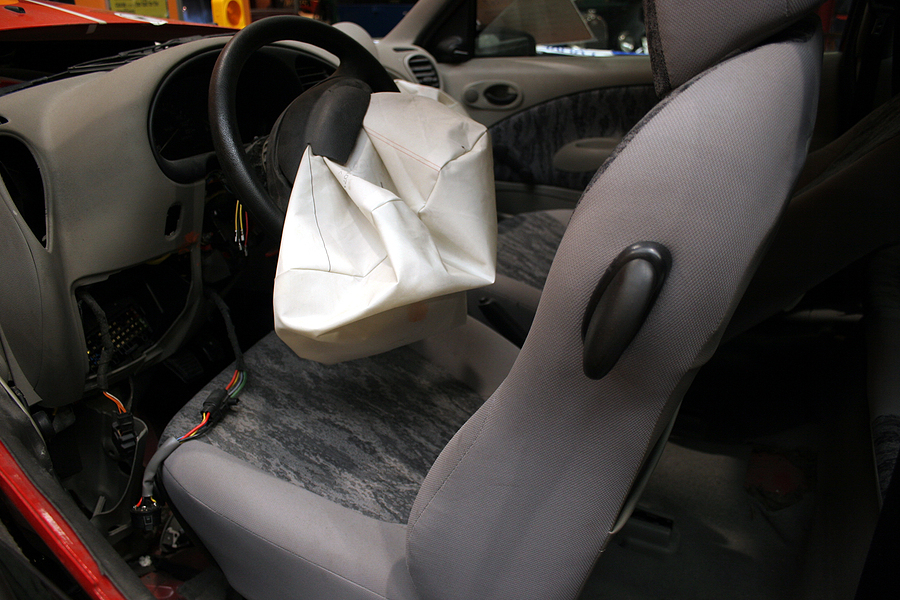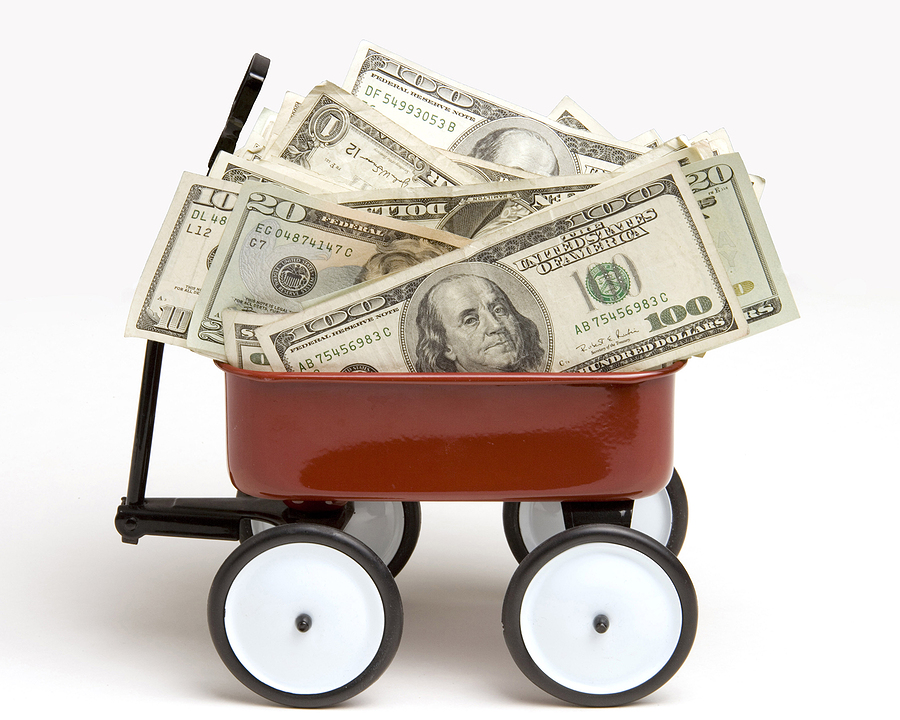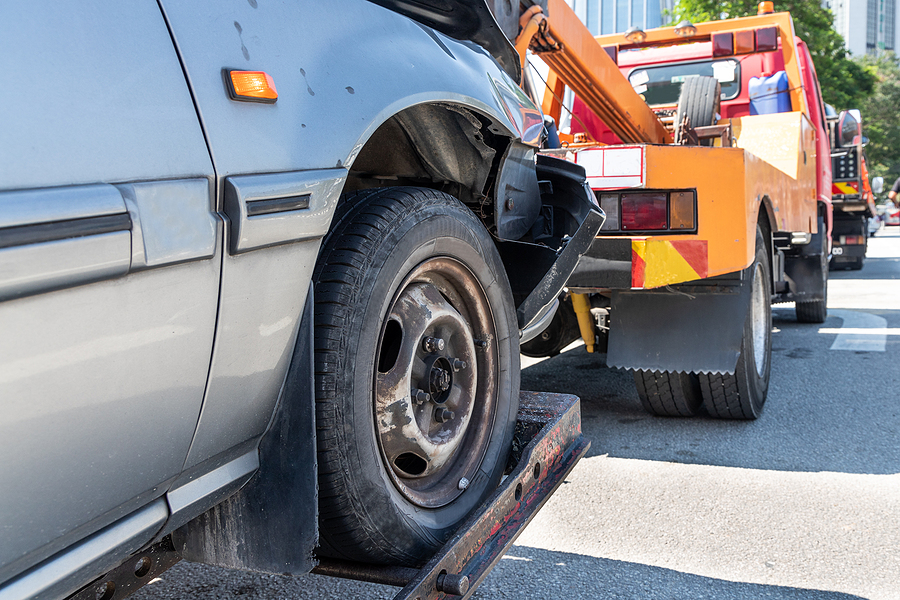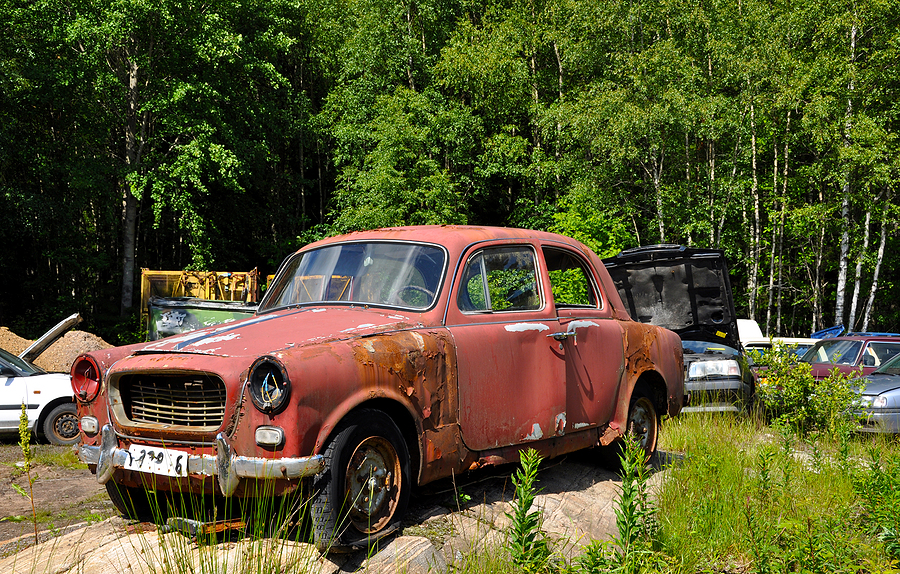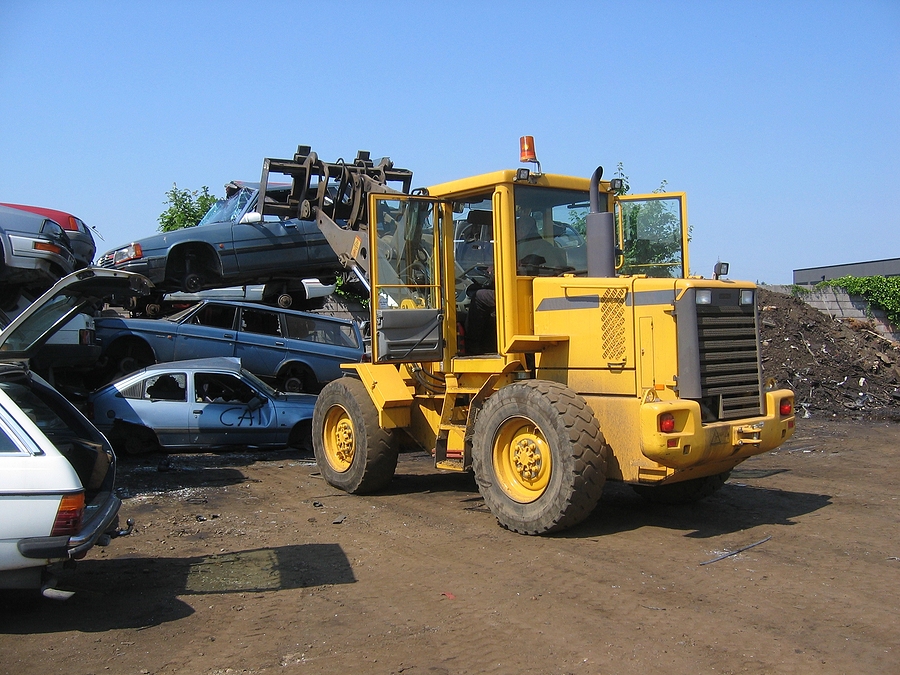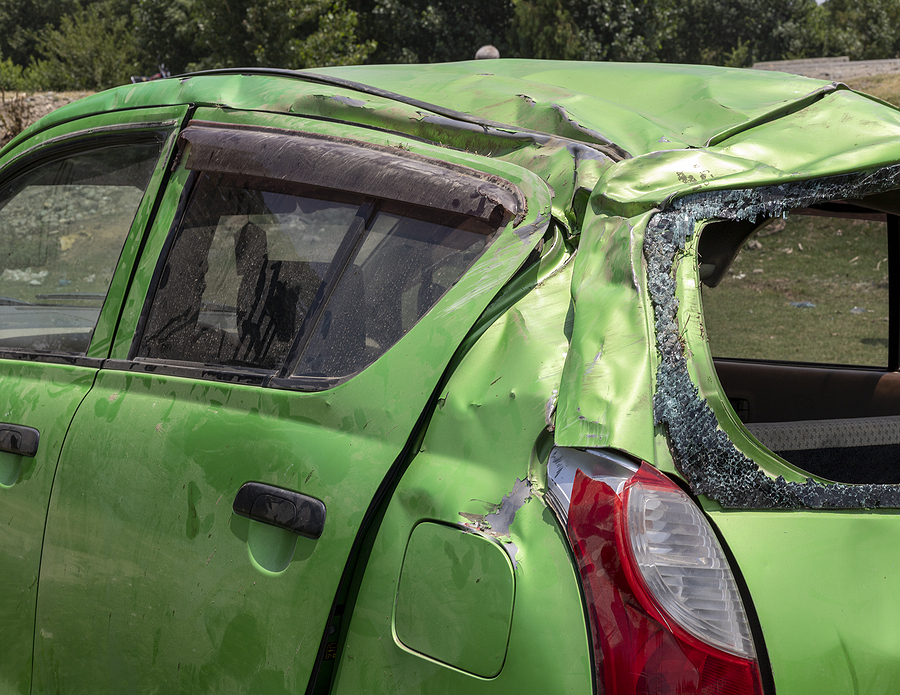Selling your junk car in Indiana might seem like a daunting task, but it doesn’t have to be. Whether you’re looking to make a quick buck, dispose of your car responsibly, or ensure you’re adhering to local regulations, our comprehensive guide will walk you through every step of the process. This blog post will help Indiana residents understand the ins and outs of selling a junk car, from preparation to final paperwork, while also exploring Eco-friendly disposal options.

Understanding the Junk Car Market in Indiana
The Need to Scrap a Car
From cars and trucks to motorcycles, tractors, golf carts, and more, there are many situations in which a motorized vehicle owner might be ready to sell. For instance, you might find yourself needing to get rid of a car when it reaches the end of its life, becomes too expensive to repair, or simply doesn’t suit your needs anymore. Some motorized assets simply become obsolete when auto parts are no longer manufactured for them and repair becomes impossible. In Indiana specifically, there are additional considerations for selling a junk car.
Environmental Impact of Junk Cars in the State
Junk cars can have a significant environmental impact. They often leak fluids that contaminate soil and waterways, and their metal parts can take decades to decompose. By selling your junk car, you can help mitigate these environmental hazards and promote a cleaner Indiana.
Current Market Trends for Selling Junk Cars
The market for junk cars in Indiana is thriving due to steadfast scrap metal prices and demand. With an increasing awareness of environmental issues and the rising cost of new vehicles, more people are opting to sell their old cars for cash. Local auto salvage yards are eager to buy junk vehicles of all make and models, regardless of age or condition – this makes it a seller’s market.
The Step-by-Step Guide to Selling Your Junk Car in Indiana
❶ Preparing Your Car for Sale
Before you sell your junk car, it’s crucial to prepare it properly. Start by removing all personal belongings and cleaning the vehicle inside and out. This makes the car more presentable and can even increase its value.
❷ Researching Local Junkyards and Buyers
Indiana has numerous local junk car buyers and auto salvage yards that are interested in buying junk cars. Do your homework by researching these buyers and reading reviews. Websites like Yelp and Google Reviews can provide valuable insights into which buyers offer the best prices and customer service.
❸ Negotiating a Fair Price
Once you’ve identified potential cash for cars companies in the Indy area, it’s time to negotiate. Knowing the current market value of scrap cars can give you an edge in negotiations. Be prepared to provide details about your car’s condition, make, model, and year to get the best offer.
❹ Completing the Sale and Necessary Paperwork
After agreeing on a price, the next step is to complete the sale and handle the necessary paperwork. You’ll need to transfer the car title and ensure all legal documents are in order. Most buyers will guide you through this process, but it’s good to be informed.
Eco-Friendly Options for Scrap Cars
Donating Your Vehicle to Charity
If you’re Eco-conscious, consider donating your junk car to charity. Many organizations accept old vehicles and use the proceeds for various causes. Plus, donations are often tax-deductible, providing you with a financial benefit as well.
Recycling and Environmental Benefits
Recycling your junk car is another Eco-friendly option. Auto recycling facilities, such as auto salvage yards and junk car buying companies, dismantle vehicles and recycle their components, reducing the need for new materials and lowering environmental impact. This process conserves natural resources and reduces pollution.
Legal Requirements and Considerations
Title Transfer and Other Paperwork Needed
Transferring the title is a crucial step in selling your junk car. In Indiana, you’ll need to fill out the title transfer form, which includes details about the buyer and seller. Ensure you complete this step to avoid any future legal complications.
Understanding Local Laws and Regulations
Indiana has specific laws and regulations regarding the sale of junk cars. Familiarize yourself with these rules to ensure a smooth transaction. For instance, some counties may require additional paperwork or inspections before you can sell your car.
Tips for Maximizing Your Profit and Experience
Maintenance and Presentation – Even if your car is considered junk, a little maintenance can go a long way in increasing its value. Simple fixes like inflating the tires and cleaning the windows can make a significant difference.
Negotiation Strategies – Effective negotiation can help you get the best price for your junk car. Be firm but flexible, and don’t be afraid to walk away if you believe the offer is not worthy of your asset. Remember, there are handfuls of reputable junk car buyers in the Indianapolis area.
Conclusion
Selling a junk car in Indiana doesn’t have to be a hassle. By understanding the market, preparing your vehicle, and knowing the legal requirements, you can ensure a smooth and profitable transaction. Consider Eco-friendly disposal options to contribute positively to the environment. Ready to sell? Contact local buyers or charities today and make a responsible choice for your junk car disposal.
Ready to move forward and earn fast cash for your scrap car? Contact Cash for Cars Indianapolis at 317-450-3721 to learn just how the junk car selling process works at our trusted salvage yard. Get a free offer today! We serve all of Central Indiana.
Related Posts:
What is the Easiest Way to Junk My Car in Indianapolis?
Junk Car Towing: What You Need to Know Before Scrapping an Old Vehicle
Unwanted Vehicle? Top Strategies for Removing Your Junk Car




